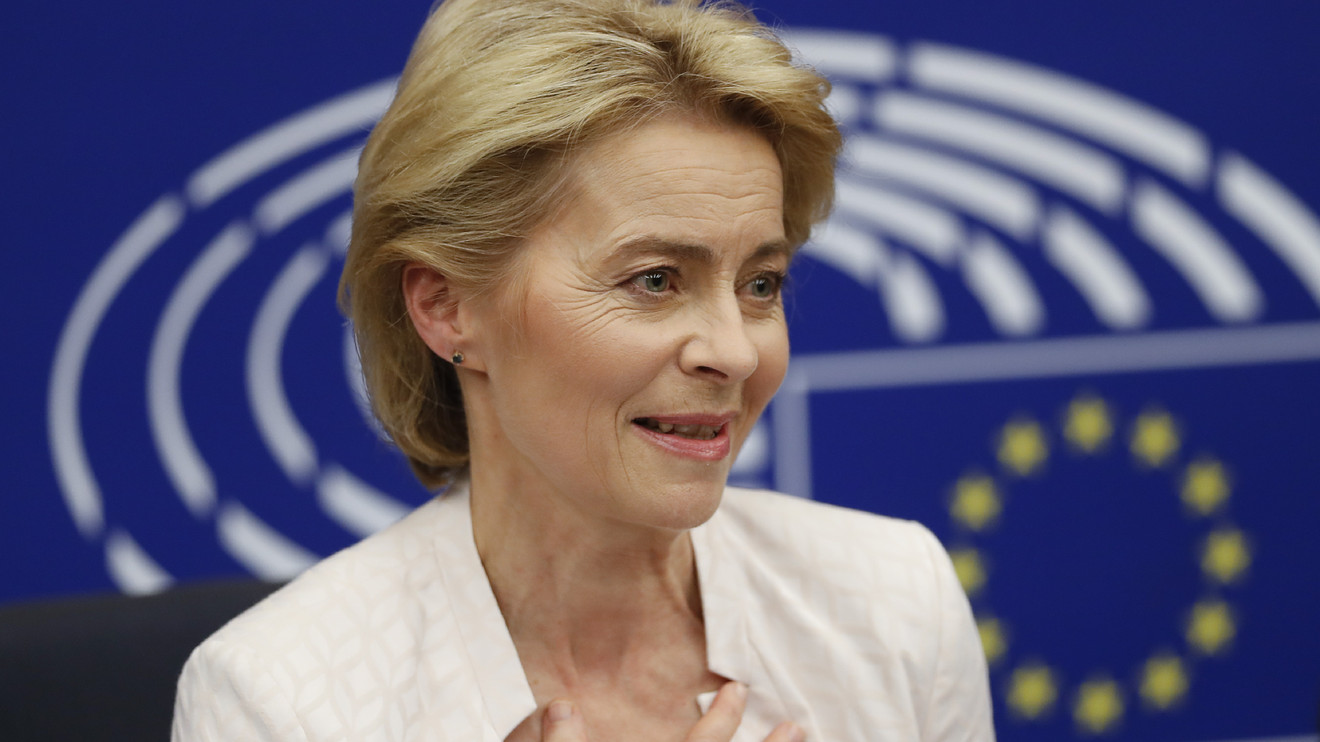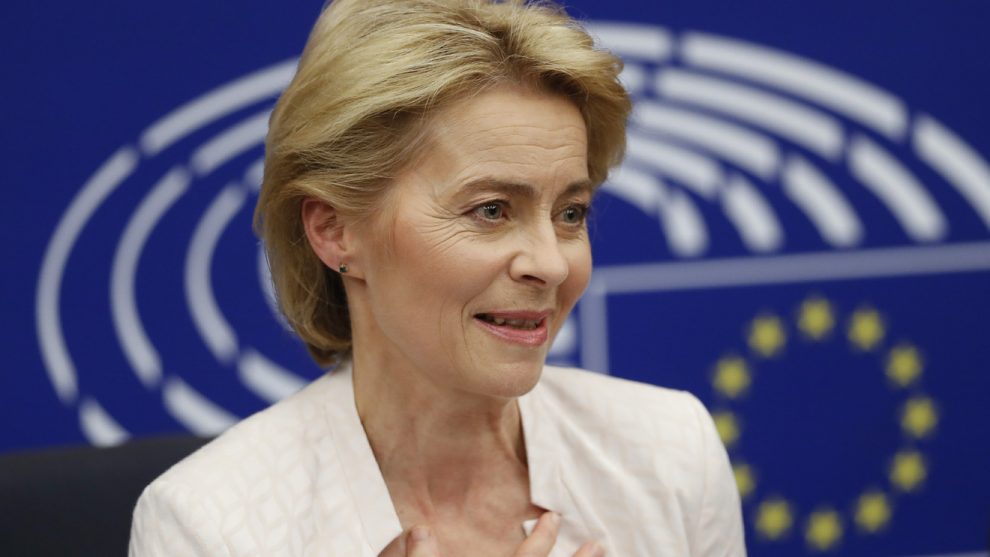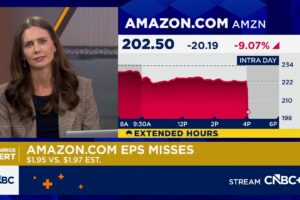
Ursula von der Leyen was elected Tuesday as the first woman to head the European Commission by a short majority of the newly-elected European Parliament, who confirmed the choice made by EU leaders earlier this month.
The German defense minister was chosen for the job she will take up on November 1 by a broad coalition of centre-right conservatives and liberals, with the help of MEPs from some euroskeptic parties, such as Italy’s 5-star movement.
Von der Leyen, 60, will head the EU’s top executive body for the next five years. The bloc faces both medium-term economic headwinds and longer-term political challenges, marked by the rise of euro-sceptic parties and divisions among governments on whether or how to move European integration forward.
A crisis has been averted; a rejection of the EU leaders’s choice by the newly-elected deputies would have precipitated a standoff between Parliament and national governments before the new European institutions born from last May’s elections have even begun working. But the controversy surrounding von der Leyen’s choice may weaken her presidency. Here are three takeaways from Tuesday’s vote.
1. Continuity at the top
In a speech to Parliament hours before the vote took place, von der Leyen didn’t stray from the broad policy lines held in the last five years by her predecessor Jean-Claude Juncker, even though she never mentioned his name. She said the right things to try to convince the political parties who had criticized her nomination to vote for her.
To the Greens, she offered the idea of a “green deal for Europe” and a toughening of the EU’s emission reduction targets by 2030.
To the center-left, she took up the idea first broached by the social-democrat German finance minister Olaf Scholz of a pan-European unemployment benefit scheme, a solidarity mechanism to help countries hit by a particular economic shock.
To the right, she promised tougher borders.
To the left, that there would be “no compromise” on the rule of law—which critics see as threatened in countries such as Hungary or Poland—under her presidency.
And to business lobbies, she promised the achievement of the capital markets union, meant to allow small and medium-sized firms throughout Europe tap capital markets and bypass traditional bank financing.
To the departing U.K., she said, while being booed by members of the Brexit party, that she would be open to a further delay beyond next October “for a valid reason”. That decision, however, won’t be hers to make, but will belong to EU heads of governments.
2 — National governments in control
Von der Leyen, who emerged as a last-minute choice to head the Commission after EU leaders proved unable to agree on several other, preferred candidates, could see her authority compromised in the next five years by the fact that she is not an political heavyweight, and that she was picked for the job on account of her nationality.
German chancellor Angela Merkel, once her political mentor, even had to abstain on her nomination because her social-democrat coalition partners from the SPD opposed their conservative colleague’s candidacy.
Even though von der Leyen played tough with member states on the question of diversity, pledging to head a Commission with as many women as men (the 28-strong outgoing commission only counts nine women), her presidency could be marked by an increased influence of national governments and a diminished role for the Commission, due to her initial lack of political authority. That will have an impact on a string of economic decisions that will have to be made in the next few months, notably in economic and financial matters.
3 — No clear path to sort out the EU crises (political, economic)
Von der Leyen kept mum on one of the most divisive issues of the moment—how to strengthen the eurozone and better equip it to face further crises. And she didn’t say where she stands on another contentious issue—EU enlargement, which is Brussels official policy but is fiercely opposed by French President Emmanuel Macron.
And in a few sentences on the necessity to cut down Europe’s debt load, she also reminded MEPs that she does hail from a country that has put fiscal discipline at the core of public policy, and remains deaf to increasing calls from economists and international organizations to engage in more public spending to fight the European slump.
Who she will appoint as economic and financial affairs commissioner, once the national governments have nominated their emissaries to Brussels, will be the crucial choice to watch come September.







